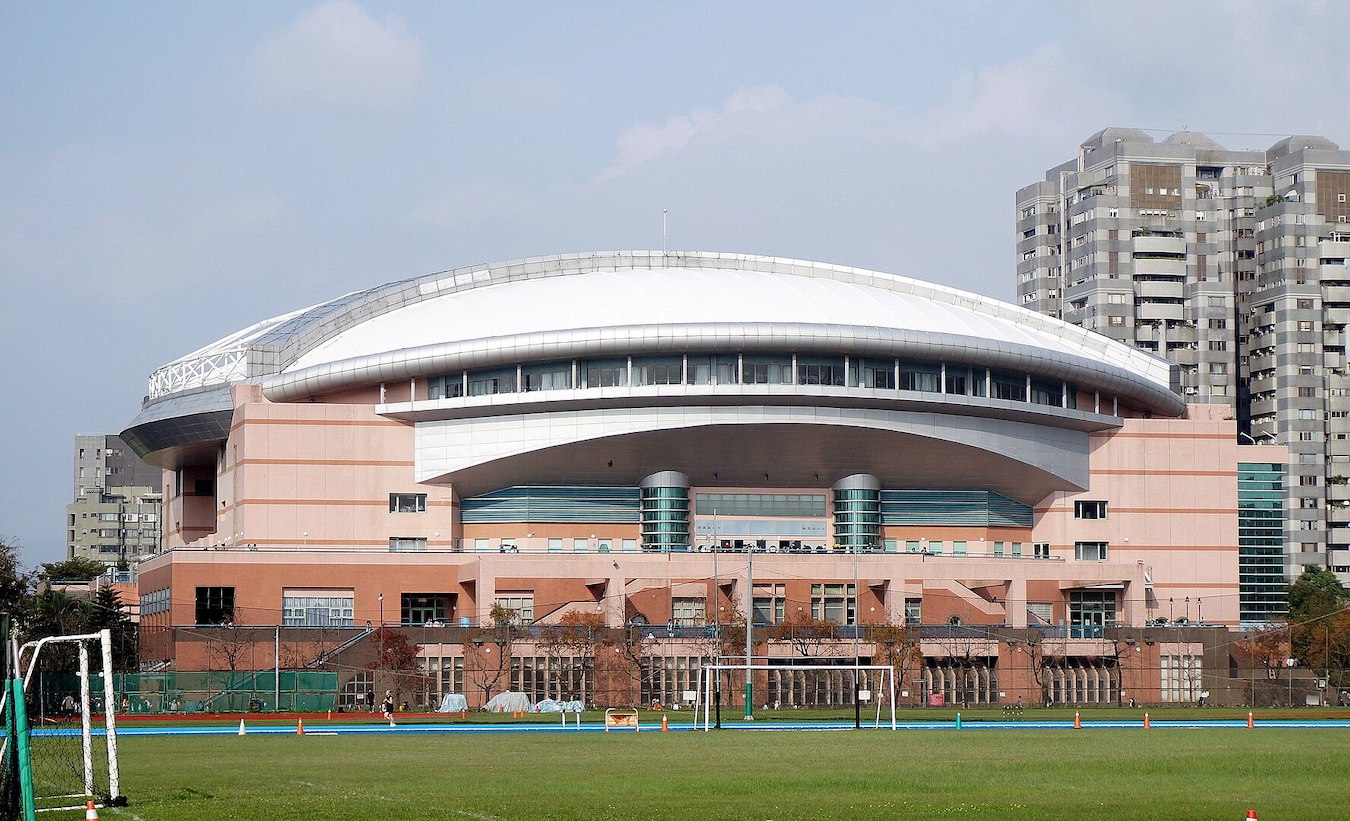by Brian Hioe
語言:
English
Photo Credit: Yu Iptw/WikiCommons/CC BY-SA 4.0
TAIWAN ABRUPTLY LOST hosting rights for the Asian Men’s U20 Volleyball Championship in the past week. Though the event was originally slated to take place in Taiwan from July 20th to July 27th, reportedly Chinese pressure has led to it being moved to Surabaya, Indonesia. Now, the event will take place from July 23 to July 30th. The volleyball championship is for players under 20.
This is not the first time that Taiwanese sporting events have abruptly been canceled due to Chinese pressure. In 2018, Taiwan lost the hosting rights for the East Asian Youth Games, which were originally supposed to take place in Taichung in 2019. Taiwan was stripped of its hosting rights by the East Asian Olympic Committee and ultimately the event did not take place at all, despite that 677 million NT had already been spent to construct a stadium for the game.
In October 2019, Taiwan lost the rights to host the Asian Open Figure Skating Classic, which was originally to take place in Taipei. The figure skating event was instead moved to the Chinese city of Dongguan. It is notable to what extent this decision was announced on an extremely short notice, seeing as the event was to take place in November 2019.
Oftentimes, it is political events in Taiwan that lead to a wave of Chinese anger. For example, it is thought that Taiwan lost the hosting rights for the East Asian Youth Games in 2018 because of Chinese anger over a national referendum set to take place on whether Taiwan should participate in the 2020 Tokyo Olympics as “Taiwan” rather than “Chinese Taipei.” Chinese Taipei is traditionally the name that Taiwan participates in international sporting events under to avoid Chinese displeasure and the referendum campaign was pushed for by pro-independence advocates.
More recently, Taiwan losing hosting rights for the Asian Men’s U20 Volleyball Championship is probably because of the recent Taiwanese presidential elections. China would be registering its displeasure with the fact that the Taiwanese public decided to democratically elect Lai Ching-te of the historically pro-independence DPP.
 Photo credit: Solomon203/WikiCommons/CC BY-SA 4.0
Photo credit: Solomon203/WikiCommons/CC BY-SA 4.0
Indeed, this takes place in a similar timeframe to China poaching one of Taiwan’s few remaining diplomatic allies, Nauru, as well as increasing the size and frequency of military activity around Taiwan. Coercion by China after the election takes place on a number of fronts, then.
Still, Chinese threats sometimes have a way of strengthening support for the DPP, in that the public rallies behind it in the face of Chinese threats. The pan-Blue camp is well aware of this, hence why the KMT accused a nationwide alert sent out after China launched a satellite over Taiwan, which mistakenly read “missile” in English, of being orchestrated by the DPP for the sake of elections.
Apart from the cancellation of sporting competitions, there are also many occasions in which Taiwanese athletes or their supporters are targeted by either the Chinese government or nationalistic Chinese netizens. Sometimes this occurs over iconography or naming.
In 2016, Taiwanese participants in the Paralympics were forced to compete using the KMT emblem, instead of the ROC emblem, due to Chinese complaints. In 2017, there was a wave of outrage from Chinese netizens when Taiwanese cheered for South Korea rather than China at an esports competition in Kaohsiung.
In 2021, the ROC flag was removed from the livestream of a swimming competition because of displeasure from Chinese authorities. In response, a number of athletes from other countries including Australia, Croatia, France, Germany, Japan, the US, Russia, Slovenia, South Korea, also chose to have their flags removed from the livestream as an act of solidarity. In 2023, Taiwanese volleyball player Elaine Liao first attracted praise from Chinese netizens for her looks after appearing in the opening parade of the FISU World University Games, then anger because it was found that she referred to traveling as “going abroad” on her Instagram, suggesting that she viewed China as another country. Likewise, there was anger from Chinese netizens against Taiwanese entertainers Jolin Tsai and Dee Hsu when they praised Taiwanese athletes at the Olympics, rather than Chinese ones.
Again, it is more often the case that Chinese nationalistic outrage against Taiwanese athletes amplifies Taiwanese nationality identity. So, too, more generally with attempts to constrain Taiwan’s international space.

